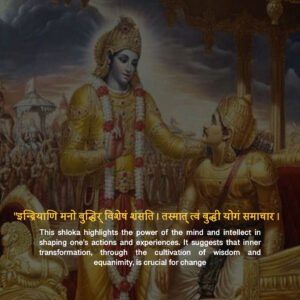In the world we live in, the lines between good and bad are rarely as clear as we think. Society often teaches us to label actions, people, and choices as either right or wrong. But when we pause and look deeper, we realize—what’s good for one person may be bad for another. And vice versa.
It all comes down to perspective.
Imagine two people in conflict. One believes he’s standing up for his family, while the other thinks he’s being selfish. Who’s right? Both, perhaps. From their own eyes, their own truths make sense. A thief might steal to feed his starving children—not because he enjoys crime, but because he sees no other way. His action, though wrong legally and morally in most eyes, felt right in the moment to him.
Every person makes decisions driven by what they believe is best for themselves. Whether it’s in business, relationships, or survival—most actions come from a place of self-interest. This doesn’t make us evil. It makes us human. We’re wired to protect ourselves, to chase happiness, to avoid pain. Sometimes that drive causes harm to others, not out of malice, but out of ignorance or necessity.
This is the cycle we live in:
Self-interest > Action > Impact (good or bad) > Judgment from others.
But what if we could pause the cycle?

What if, instead of just acting for ourselves, we thought about others first?
Real change begins when empathy enters the equation. When we truly begin to consider how our actions affect someone else. When we ask: “Is this good only for me, or is it also fair to others?” That moment of reflection can change everything.
The society we complain about—the corruption, the selfishness, the lack of compassion—doesn’t start with systems. It starts with individuals. With us.
If each person could shift their mindset, just a little, and start thinking beyond their own benefit, the entire structure of our society could evolve. Not overnight, but slowly and surely. The world doesn’t need perfect people. It needs people who care—who are willing to see beyond their own lens.
So maybe the problem isn’t what’s good or bad.
Maybe the problem is the lack of understanding.
And the solution?
It’s not judgment. It’s empathy.
That’s how change begins—not from above, but from within.
